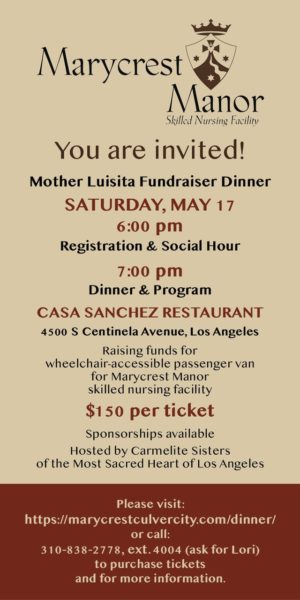PHILADELPHIA — Alexander Hamilton, one of the founding fathers of the United States of America, was an immigrant.
“Born in the West Indies, Hamilton was a friend of George Washington,” said Philadelphia Archbishop Charles J. Chaput of one of the writers of the Constitution. “He fought in the revolution, wrote nearly two-thirds of The Federalist Papers and set the United States on course to become a world power.”
The U.S. is not a place that is owned by any single ethnic group or privileged economic class, Archbishop Chaput said. Hamilton, who was born out of wedlock and didn’t know his own birthday, took part in the birth of a nation.
“He reminds us that immigrants from around the world renew this country in every generation,” he said. “They breathe new life into what George Washington called the ‘bosom of America.’”
The archbishop shared this brief reflection while introducing Pope Francis before thousands gathered outside Independence Mall, the place where the founding fathers wrote the Declaration of Independence and the Constitution. The event was billed as a meeting with Hispanics and other immigrants regarding religious liberty.
The pope spoke from the lectern used by Abraham Lincoln to deliver the Gettysburg Address on Nov. 19, 1863.
“The Declaration of Independence stated that all men and women are created equal, that they are endowed by their Creator with certain inalienable rights, and that governments exist to protect and defend those rights,” Pope Francis said. “Those ringing words continue to inspire us today, even as they have inspired peoples throughout the world to fight for the freedom to live in accordance with their dignity.”
These freedoms need to be constantly defended, the Holy Father said, noting the nation’s abolition of slavery, the extension of voting rights, the growth of the labor movement and efforts to eliminate racism. It is important to remember the past, he said.
“Remembrance saves a people’s soul from whatever or whoever would attempt to dominate it or use it for their interests,” he said. “When individuals and communities are guaranteed the effective exercise of their rights, they are not only free to realize their potential, they also contribute to the welfare and enrichment of society.”
Religious liberty, the pope said, is a fundamental right that affects how we relate to one another, especially those with differing religious views. But religious liberty isn’t just about the right to worship God.
“Religious liberty, by its nature, transcends places of worship and the private sphere of individuals and families,” the pope said. Religious traditions “remind us of the transcendent dimension of human existence and our irreducible freedom in the face of every claim to power.”
History, especially in the last century, demonstrates the atrocities that can be perpetrated by “systems which claimed to build one or another ‘earthly paradise’ by dominating people,” he said.
“In a world where various forms of modern tyranny seek to suppress religious freedom, or try to reduce it to a subculture without the right to a voice in the public square, or to use religion as a pretext for hatred and brutality, it is imperative that the followers of various religions join their voices in calling for peace, tolerance and respect for the dignity and rights of others,” the pope said.
The Quakers, founders of Philadelphia, were inspired by a profound sense of the dignity of each individual and the beauty of community, the pope said. Their colony became a haven for religious freedom and for fraternal concern for the weak and the vulnerable.
Caring for those in need is part of the American spirit, the pope said, thanking those from all religions who have cared for those in need, defending the dignity of life at all its stages and caring for the immigrant.
“All too often, those most in need of our help are unable to be heard,” the pope said. “You are their voice and many of you have faithfully made their cry heard.”
Addressing the immigrants gathered, he said, “Never be ashamed of your traditions. Do not forget the lessons you learned from your elders, which are something you can bring to enrich the life of this American land.”
By being responsible citizens and contributing their gifts — including the deep sense of family life — immigrants can “renew society from within.”
Archbishop José H. Gomez, who spoke before the Holy Father, also addressed the issue of immigration.
“I see a nation of immigrants — people from every land and language, families from every race and religion,” he said. “All of us are committed to human dignity, religious liberty and justice for everyone.”
The pope blessed La Cruz de los Encuentros. “Encuentro,” or encounter, is the name given to important leadership meetings for Hispanic Catholics, Archbishop Gomez explained. The meetings began in 1972 and the next is planned for 2017.
“For many of us, the experience of the Encuentro inspired our faith and gave us a great sense of our responsibility for the new evangelization of our country and our continent,” the archbishop said. “This cross reminds us that long before the founding fathers gathered here in Philadelphia, immigrant families and missionaries from Spain and Latin America were already at work.”

